Pork flowing into the market only meets 50% of demand, showing a huge shortage in supply. In some provinces and cities, traders are hunting for live pigs at sky-high prices.
According to the Department of Animal Husbandry (Ministry of Agriculture and Rural Development), the pig herd is growing well. By the end of 2024, the total pig herd in our country will increase to 31 million, ensuring supply.
In fact, pork supply remains in short supply, pushing prices up.
Mr. Chinh - representative of the Management Board of Ha Nam Livestock and Poultry Wholesale Market - said on the morning of February 11: "Today, the number of pigs coming to the market stopped at 400-500, only 1/5 compared to normal days".
According to him, African swine fever and other epidemics are raging on farms, causing many pigs to die. Moreover, some traders are actively buying pigs from farms in the North to bring to the South for consumption. Therefore, the supply of live pigs to the market, which was already scarce, is now even less, pushing the price of this commodity up sharply, especially after Tet.
From the 4th day of Tet until now, Pork prices are on the rise. Currently, live pigs have jumped to 70,000-73,000 VND/kg, and at times even reached 75,000 VND/kg; while before Tet it was 67,000-68,000 VND/kg, Mr. Chinh told VietNamNet.
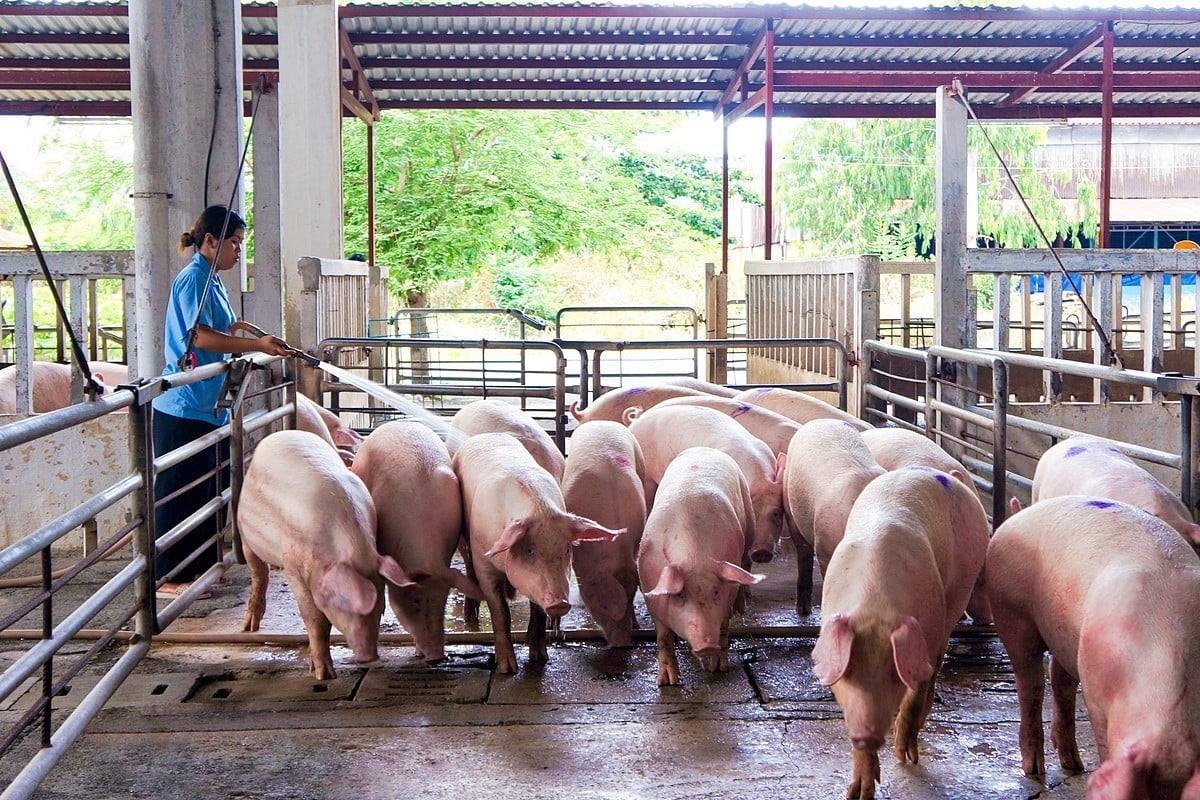
According to data on Anova feed, the price of live pigs on February 11 increased sharply, ranging from 68,000-72,000 VND/kg. In particular, the price of live pigs in Dong Nai recorded a peak of 73,000 VND/kg - the highest price in the past 3 years.
“In the Southeast region, especially Dong Nai, traders are looking to buy live pigs at 73,000-75,000 VND/kg,” said Nguyen Kim Doan, Vice President of the Dong Nai Livestock Association. According to him, the increase or decrease in pig prices is determined by supply and demand in the market. This time, prices have increased sharply due to a large shortage of supply despite the fact that pork purchasing power at the markets is still quite weak.
The leader of Dong Nai Livestock Association cited that at Tan Xuan wholesale market (Hoc Mon) and Binh Dien (District 8, Ho Chi Minh City), about 7,000 pigs are consumed every day, but now the number coming to the market has decreased by 50%, to about 3,000-3,500 pigs.
He noted that in November and December last year, the epidemic swept through the country, killing many pigs. At the same time, provinces and cities tightened environmental regulations on livestock farming, and farms that did not meet the requirements were forced to close their cages.
These reasons led to a shortage of pork supply before Tet. However, at that time, large distribution companies had to “hold back prices” so as not to affect people’s consumption during Tet. Now, the increase in pork prices reflects the market supply and demand.
There are businesses that hold a large market share in livestock farming today, and they are still quoting prices for pigs weighing 61kg or more in the Dong Nai area. This shows that the epidemic is complicated, there is a shortage of pigs, so they have to "sell early". Meanwhile, traders are having to buy pigs from the South Central provinces to bring to the South for consumption, he said.
According to Mr. Doan, pork prices will increase and stay high but not for long. Because when pigs are sold at high prices and profits are good, people will rush to restock. When supply increases, the price of this commodity will cool down.
Mr. Doan also explained that for farmers, the price of live pigs only needs to be maintained at 63,000-65,000 VND to ensure good profits. At the current price, in theory, farmers will make a very high profit, but it depends on whether farmers still have pigs to sell.
In fact, at this time, farmers do not have many pigs left to sell because many pigs died from the disease before, or they are afraid of the disease and do not dare to enter the herd. Even businesses are having difficulty expanding their farming scale due to the epidemic.
Source


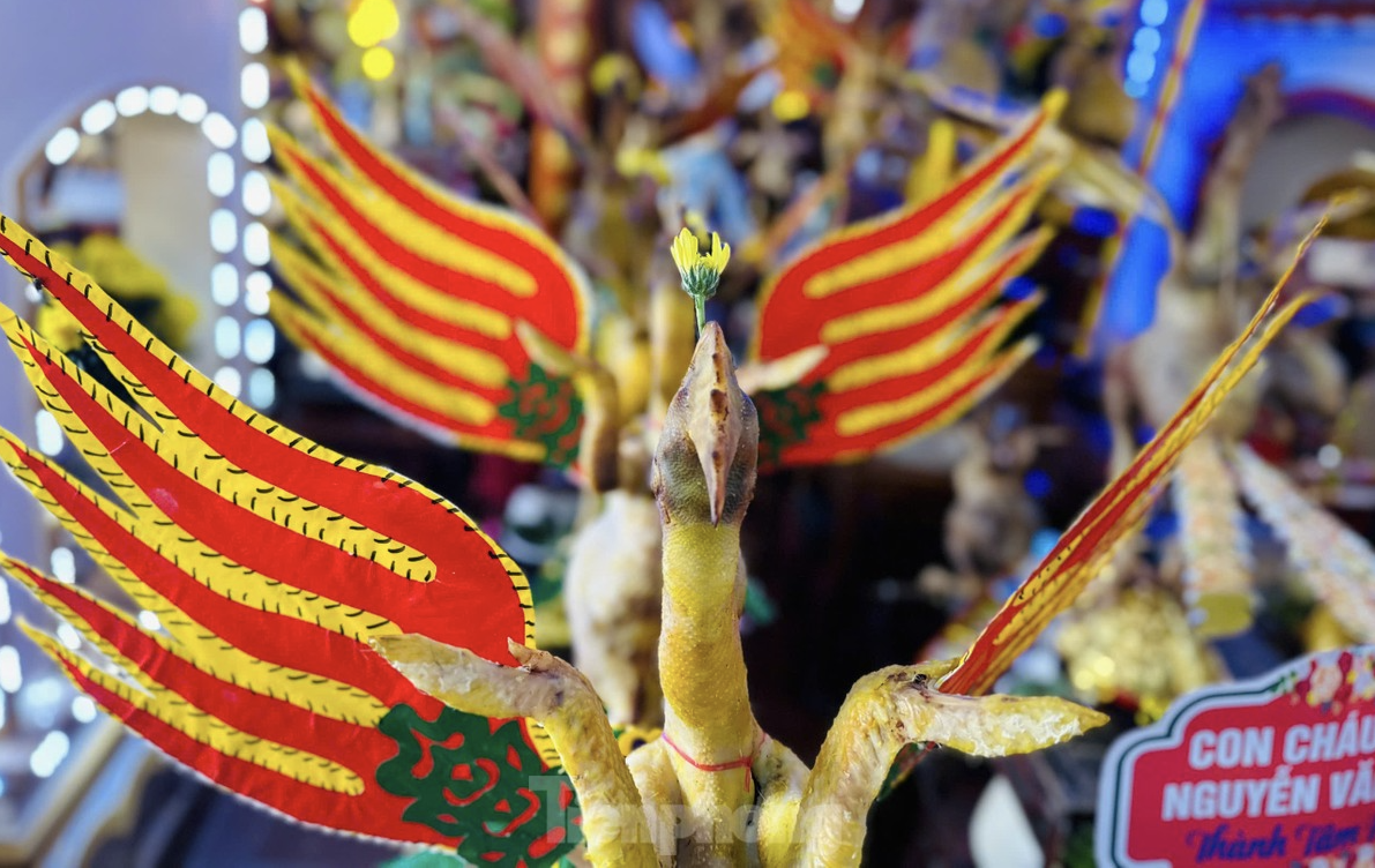


























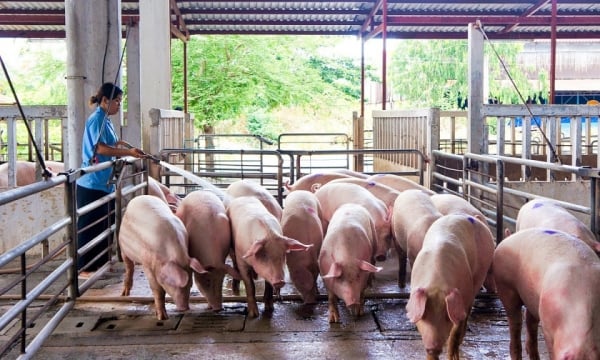
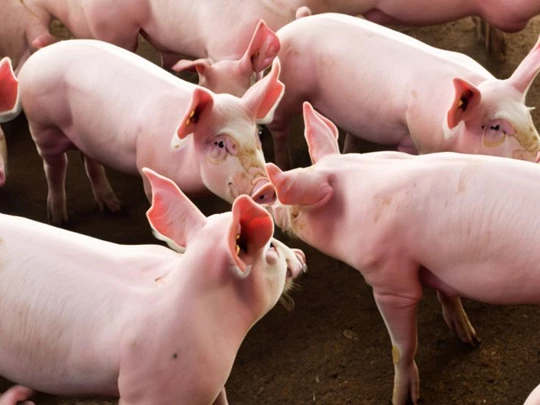

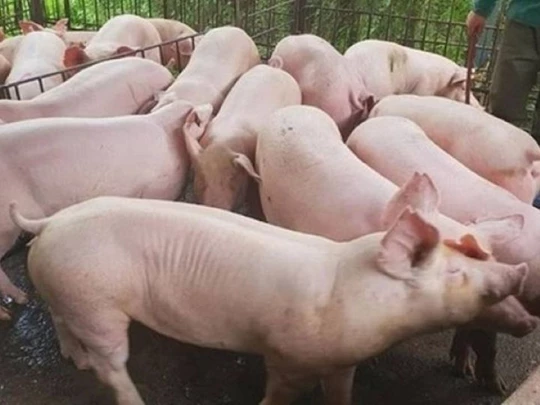


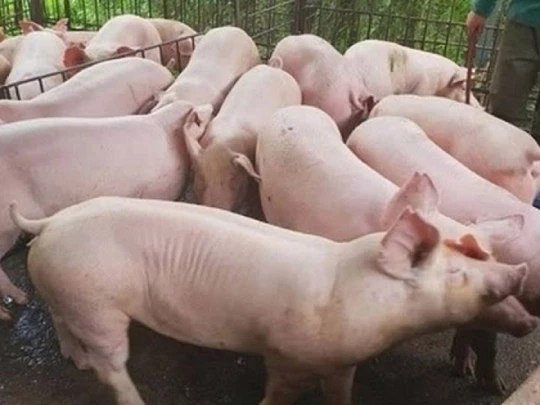

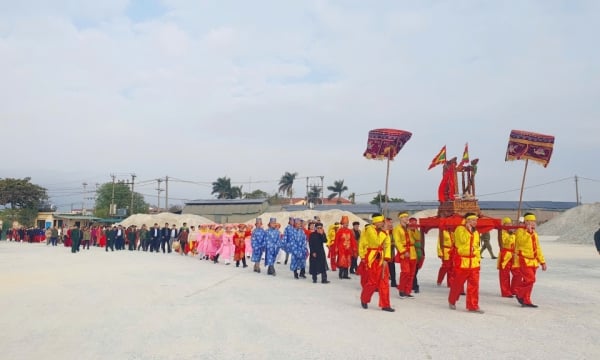





![Charming Vietnam [ Cat Tien National Park ]](https://vstatic.vietnam.vn/vietnam/resource/IMAGE/2025/2/12/c05c34322e4f4cac874e7f971dfaddca)
![Charming Vietnam [ Chau Doc ]](https://vstatic.vietnam.vn/vietnam/resource/IMAGE/2025/2/12/e96a46dceb5e41b1bcc3cf7dc6d54708)
![Charming Vietnam [ Phong Nha National Park ]](https://vstatic.vietnam.vn/vietnam/resource/IMAGE/2025/2/12/1cc2c12b6cb84938b32182cccf560b3c)





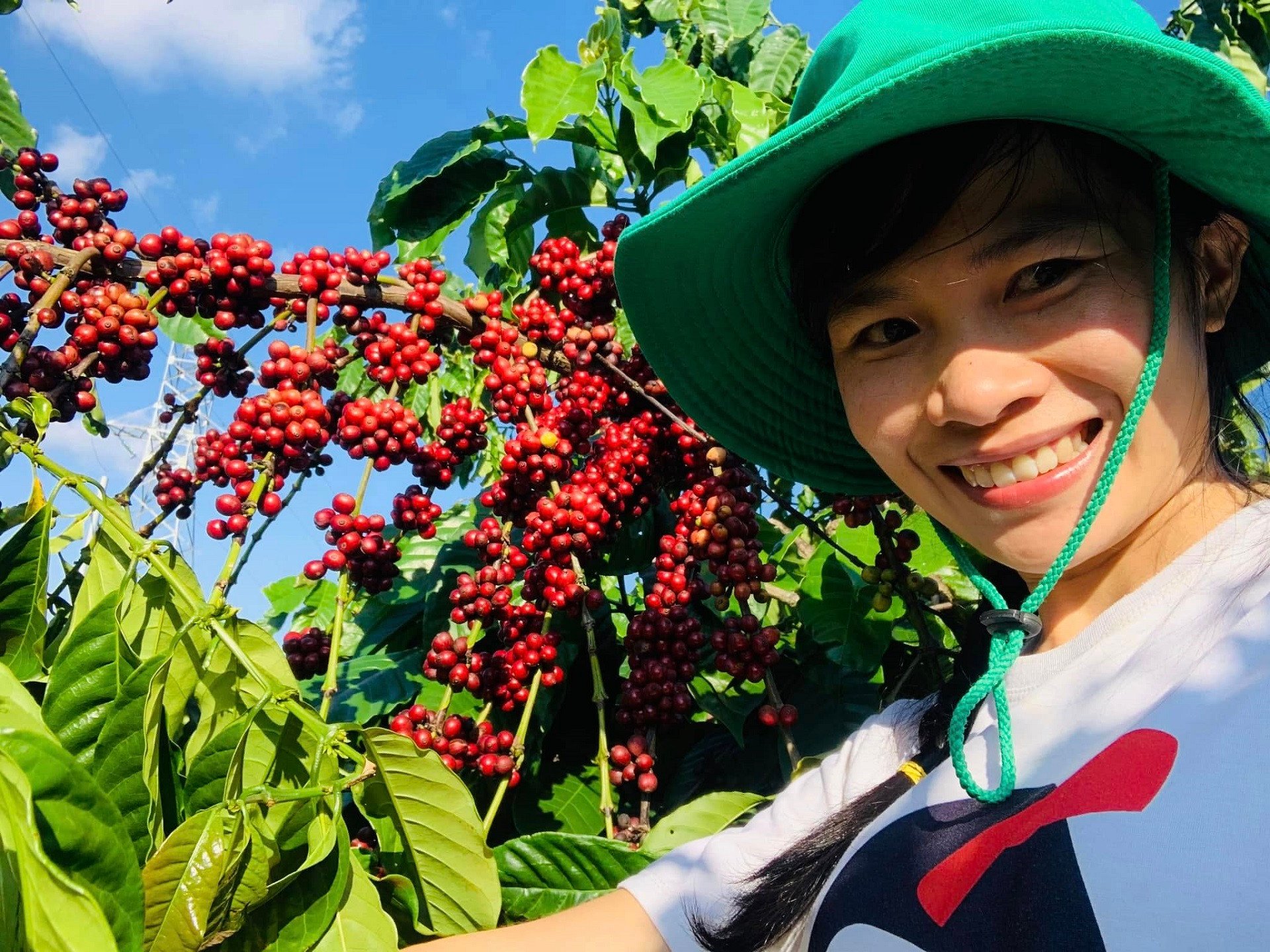












Comment (0)